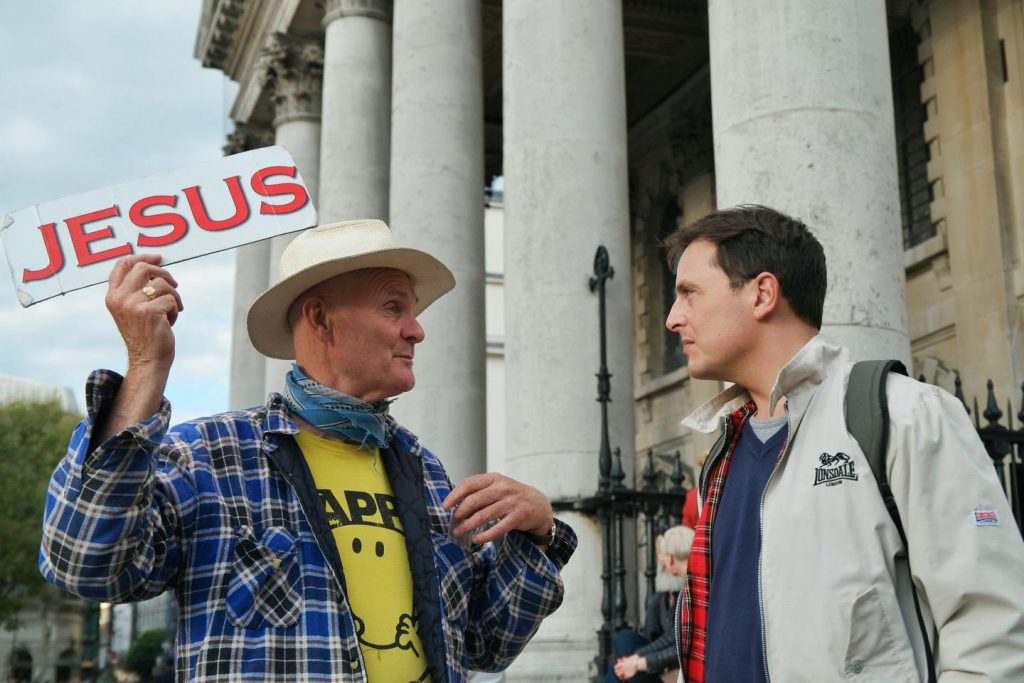
What Jesus preached as He went from town to town is not a secret. Matthew has already recorded it way back at the beginning of Christ’s ministry. As John had done before Him, Jesus made repentance His primary and main theme. Even His miracles of healing and deliverance were to that very end. His every demonstration of the kindness of God was to draw people back to a relationship with the Father. As Romans 2:4 says, “God’s kindness leads you toward repentance.” But though His ministry impacted individuals, it was not only individuals that Jesus was and is after.
Clearly, the fruit of all evangelistic effort begins to manifest as individualistic response. One by one, individuals make decisions for God for and by themselves, just as in an orchard each fruit ripens of itself. But the owner of the orchard only begins to treat each orange or apple as individuals after they are harvested. While the fruit is growing, they treat the whole tree as a unit, and often the whole orchard as a unit also.
So it is that when Jesus looks to see His Father’s kingdom come He does not consider individuals only. To do that would be to see the world as made up of billions of people without ethnicity, home town or familial roots. God knows better, because He based people on Himself, and He is a God who lives in intimate relationship as Trinity. Consequently Jesus looks at people as creation living in community and expects that what we experience of His kindness and grace will eventually have a broader community impact. In fact, He expects that so much that His judgment is predicated on how the community as a whole responds, “Then Jesus began to denounce the cities in which most of his miracles had been performed, because they did not repent.”
Matthew notes that Jesus reproaches the towns, not the unsaved as a group unto itself. In Jesus’ eyes it is the responsibility of the whole to respond to the Gospel, not only some within the whole. There is of course no doubt that some were very positively influenced by Jesus in each of those towns. Yet He judges the whole as deficient because it is clear in His eyes that the impact He made in each of them did not have the desired impact on the whole.
It shouldn’t have been that way. Jesus did most of His work in those towns. They saw the majority of God’s acts of kindness and power. They should therefore have been the most vocal proponent of Jesus and His Gospel. But they were not. The city leaders, the spiritual leaders, the economic drivers – they who defined the city (if not the majority of the population) simply did not repent – even though some within them did.
Perhaps those who received His touch just didn’t adequately express the impact to those around them. Perhaps those around them didn’t care to listen. Either way the result is the same; the condemnation of the whole town as a unit.
Our salvation is not just for us – it is for all those in our circles of influence. Our families, our coworkers, our friends, our home towns and our people group. Each of those widening circles of influence depends on us who know Christ. For without our witness, they may not hear the Good News. That is why we are where we are; in this generation, in this place – that they may yet be saved.
Son of man, I have made you a watchman for the house of Israel. Whenever you hear a word from my mouth, you shall give them warning from me. If I say to the wicked, ‘You shall surely die,’ and you give him no warning, nor speak to warn the wicked from his wicked way, in order to save his life, that wicked person shall die for his iniquity, but his blood I will require at your hand.
God Most High, speaking to His prophet (Ezk 3:17-18)
APPLICATION: Intentionality
Who have you witnessed to in your town?

